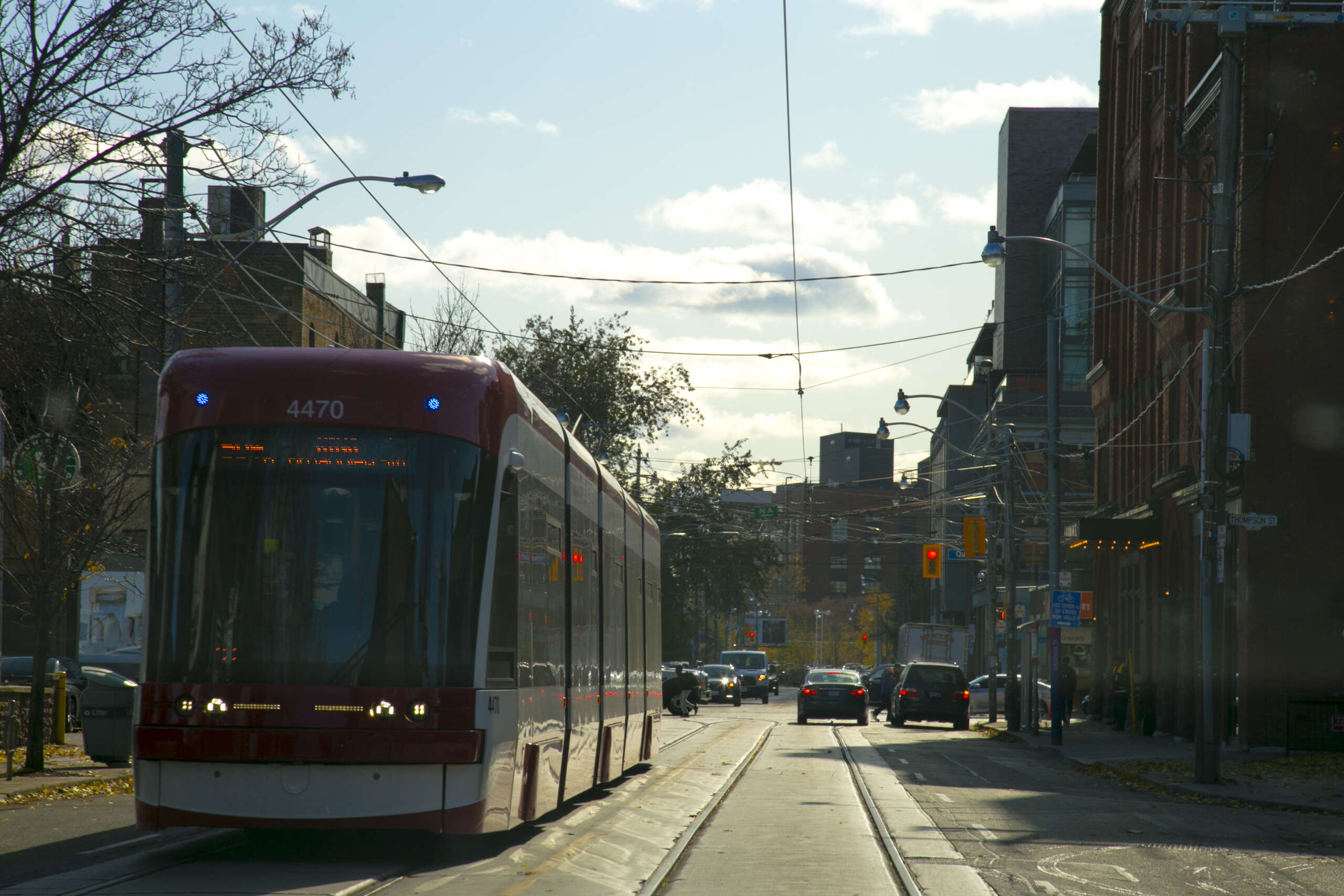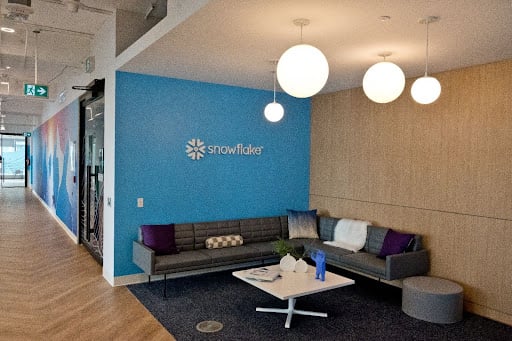Toronto Building Critical Mass to Become a Blockchain Hub
Just like Artificial Intelligence a few years ago, blockchain is being classified as a game changer, a technology with the potential to fundamentally disrupt how transactions are processed by removing intermediaries from the equation and guaranteeing the integrity of a transaction. Experts believe that there is a good chance that blockchain will uproot many business models, beginning with the financial services sector.
Canada’s Financial and Technology Hub
With the Toronto Region emerging as a technology hub, there couldn’t be a better time for distributed ledger technology to take off in Canada. Toronto is home major Canadian banks, the Toronto Stock Exchange, and some of the world’s largest pension funds, making it the second largest financial center in North America.
The emerging fintech market is growing quickly with Toronto-based fintech companies like WealthSimple, SecureKey and Sensibill raising millions for product development and international expansion. Major global players including Uber, Amazon, GM, IBM and Cisco have research and development centers here because they realize the value of the talent graduating from the academic institutions in the region.
Toronto’s Blockchain Ecosystem
Canadian banks are not taking a back seat to the blockchain phenomenon. For example, CIBC, RBC, National Bank of Canada, BMO and Scotia Bank are working with San Francisco-based Ripple Labs to speed up cross-border payments using blockchain technology. Canadians banks are partnering with IBM and SecureKey to test a digital identity network built on distributed ledger technology with the goal of keeping consumer data safe.
The Bank of Canada, in collaboration with Payments Canada, banks and R3 explored using blockchain to process transactions and found that the technology isn’t mature enough yet to settle national interbank payments. Despite the setback, this openness to even consider blockchain technology says a great deal about the willingness of the ecosystem to tinker with innovation.
Toronto is home to a growing community of blockchain start-ups, associations and not-for-profits that have raised the profile of the nascent technology. Ethereum, probably the least known unicorn in the world, was founded in Canada in 2014 by Vitalik Buterin.
Joseph Lubin, a Canadian entrepreneur who co-founded Ethereum now runs New York based Consensus Systems, which develops decentralized software services on the Ethereum distributed ledger technology. Other blockchain start-ups getting attention in the distributed ledger technology space include Nuco, Decentral and Paycase.
Toronto is also home to the author of the Blockchain Revolution, Don Tapscott who a leading authority on the impact of technology on business and society. He also founded the Blockchain Research Institute in Toronto to study the application of distributed ledger technology across different industries.
Besides support from private sector players IBM, Accenture, and Thomson Reuters, the institute is also backed by the Ontario government and the Government of Canada. Another recent addition to the blockchain ecosystem is ColliderX, the world’s first open-source, crowdsourced, and crowdfunded distributed ledger technology research and development hub. ColliderX strives to bridge the gap between industry problems and research.
Stars are Aligning for Blockchain Adoption
Interest from Canadian banks in testing the emerging blockchain technology, organic growth in the fintech space, government support for innovative technology initiatives, top quality local entrepreneurial and technology talent, and the support of distributed ledger technology advocates represent the critical mass that is driving distributed ledger technology adoption in Canada.
Anthony Di Lorio, co-founder of Ethereum, is based in Toronto and believes that Canada can be a leader in blockchain technology if the regulatory hurdles are addressed. In a positive step to working out regulatory issues, at least for Ontario-based companies, is that the Ontario Securities Commission (OSC) has unveiled the OSC Launchpad to support fintechs in navigating the regulatory framework successfully.
The OSC also created a fintech advisory committee with several distributed ledger technology advocates, including Joseph Weinberg (Paycase), Matthew Spoke (Nuco), and Joseph Lubin (ConsenSys). Having the right people at the table to integrate distributed ledger technology backed innovation into the regulatory framework is a step in the right direction.
Looking at the big picture, Toronto has already arrived on the tech scene with a big bang. Most recently, Toronto has finally cemented its leadership in artificial intelligence by becoming a hub for research and development in AI. There is no reason why Toronto cannot achieve the same for blockchain.




